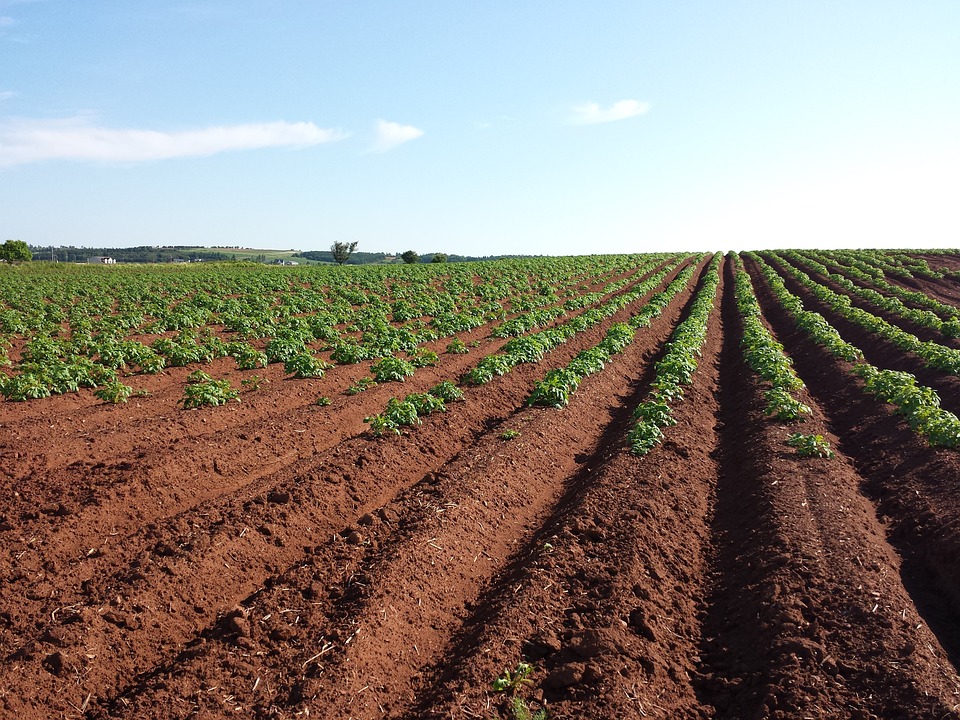Building a Resilient Food System: The Role of Sustainable Farming Practices
Living off the grid and embracing sustainable farming and gardening has been a truly transformative experience for me. It all started with a desire to live a simpler and more self-sufficient life, and as I delved into the world of sustainable farming practices, I realized the significant impact it can have on building a resilient food system. In today’s world, where environmental and social challenges are becoming increasingly prevalent, sustainable farming is more important than ever. Not only does it provide us with a way to grow our own food in harmony with nature, but it also plays a crucial role in ensuring food security for future generations. In this article, I will explore the key role of sustainable farming practices in building a resilient food system and share some pro tips for those looking to start their own sustainable farming journey.
The Role of Sustainable Farming in Building a Resilient Food System
Sustainable farming goes beyond just growing food for sustenance; it encompasses a holistic approach to agriculture that takes into account the long-term health of the environment and the well-being of local communities. By implementing sustainable farming practices, such as organic farming, permaculture, and agroforestry, we can not only produce healthy and nutritious food, but also protect natural resources, promote biodiversity, and reduce our carbon footprint. This, in turn, contributes to the resilience of our food system in the face of climate change, environmental degradation, and other challenges.
One of the key aspects of sustainable farming is soil health. Healthy soil is the foundation of a resilient food system, as it supports the growth of nutritious crops and helps to retain water and nutrients. By employing regenerative farming techniques, such as minimal tillage, cover cropping, and composting, we can improve soil health and mitigate the impacts of climate change. Additionally, sustainable farming practices emphasize the use of natural fertilizers and pest control methods, which reduces the reliance on synthetic chemicals and promotes a balanced ecosystem within the farm.
Another important aspect of sustainable farming is water management. With the growing threat of water scarcity, it is essential to adopt practices that conserve and protect this precious resource. Sustainable farming techniques, such as rainwater harvesting, drip irrigation, and water-efficient crops, can help to minimize water usage and enhance resilience to droughts and other water-related challenges. By incorporating these practices, we can ensure the availability of clean and abundant water for agricultural purposes, even in the face of changing climate patterns.
Pro Tips for Embracing Sustainable Farming Practices
1. Start small and gradually expand: If you’re new to sustainable farming, it’s important not to overwhelm yourself with too much too soon. Start with a small garden or a few raised beds, and gradually expand as you gain more experience and confidence. This approach will help you to learn and adapt to sustainable farming practices without feeling overwhelmed.
2. Embrace diversity: One of the key principles of sustainable farming is diversity. Instead of relying solely on one or two crops, try to incorporate a variety of fruits, vegetables, and herbs in your garden. This not only promotes biodiversity but also reduces the risk of crop failure and enhances the overall resilience of your farm.
3. Connect with your community: Sustainable farming is not just about growing food; it’s also about building strong and resilient communities. Get involved in local farmers’ markets, community gardens, and agricultural cooperatives to share your knowledge and learn from others. By connecting with like-minded individuals, you can build a network of support that strengthens the resilience of your food system.
In conclusion, sustainable farming practices play a crucial role in building a resilient food system that can withstand the challenges of an uncertain future. By prioritizing soil health, water management, and biodiversity, we can create farms that not only produce healthy and nutritious food but also contribute to the long-term sustainability of our food system. Whether you’re an experienced farmer or just starting out, embracing sustainable farming practices is a powerful way to make a positive impact on our food system and the planet as a whole. So, roll up your sleeves, dig in the dirt, and start building a more resilient food system through sustainable farming.



